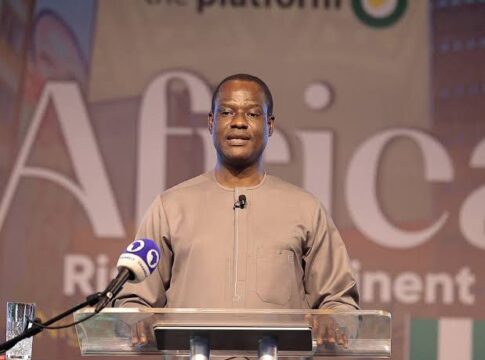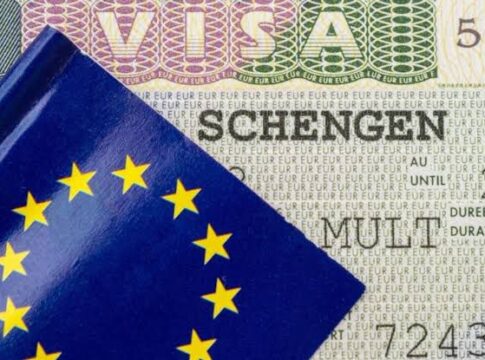Nigerians lived in an economy shrouded in “window-dressed realities” before the removal of the petrol subsidy, according to Taiwo Oyedele, Chairman of the Presidential Committee on Tax Policy and Fiscal Reforms. Speaking at The Platform, an annual event hosted by Covenant Nation in Lagos, Oyedele described how subsidy regimes distorted the nation’s fiscal structure, creating an illusion of affordability.
“The best decision we made as a country was removing subsidies,” Oyedele stated. “We were living in window-dressed realities. Two years ago, the naira exchange rate was pegged at N450, but was it truly N450? Petrol was priced below N200 per litre, yet its real cost, factoring in subsidies, was significantly higher.”
Oyedele compared the situation to a family living beyond its means, stressing the unsustainability of subsidies. “A country can afford to sell petrol at N200 per litre if it has the resources. But if it doesn’t, it’s just masking deeper problems,” he said.
Economic Perils of Subsidies
The pre-subsidy era, Oyedele argued, plunged Nigeria into severe economic distress, forcing reliance on debt to fund government operations. He revealed that Nigeria spent all its revenue servicing debts, borrowing heavily to pay salaries, fight insurgency, and sustain subsidies.
“We weren’t paying off our debts; we were merely servicing them,” Oyedele noted. “When we borrowed, it was at high interest rates, and those funds were used to run the economy. The consequences were predictable.”
Drawing parallels to the economic collapses in Sri Lanka and Venezuela, he warned of potential crises. “In Sri Lanka, people had money but couldn’t buy fuel. Cars couldn’t be driven daily because there simply wasn’t enough fuel,” he recalled.
READ MORE: Mozambique Swears in New President Amid Deadly Protests and Election Disputes
*GDP Realities and Inflation*
Speaking further, Oyedele debunked perceptions of economic growth, stating that Nigeria’s real GDP growth over the past decade was less than 10% and effectively negative when adjusted for inflation. He highlighted inflated figures, including a reported GDP of $450 billion and per capita income of $2,000, which masked the nation’s fiscal struggles.
“Our GDP growth rate was very low, and when adjusted for inflation, it’s effectively negative,” he emphasized. “We must confront these realities if we hope to rebuild.”
Tax Reforms as a Path Forward
Oyedele stressed the urgency of tax reforms to stabilize Nigeria’s economy, revealing that the Presidential Committee on Fiscal Policy and Tax Reforms aims to have new tax bills approved by 2025. Phased implementation is expected to begin mid-year.
“Our goal is to finalize the bills by Q1 2025, giving taxpayers time to prepare for implementation around July 1,” he said.




